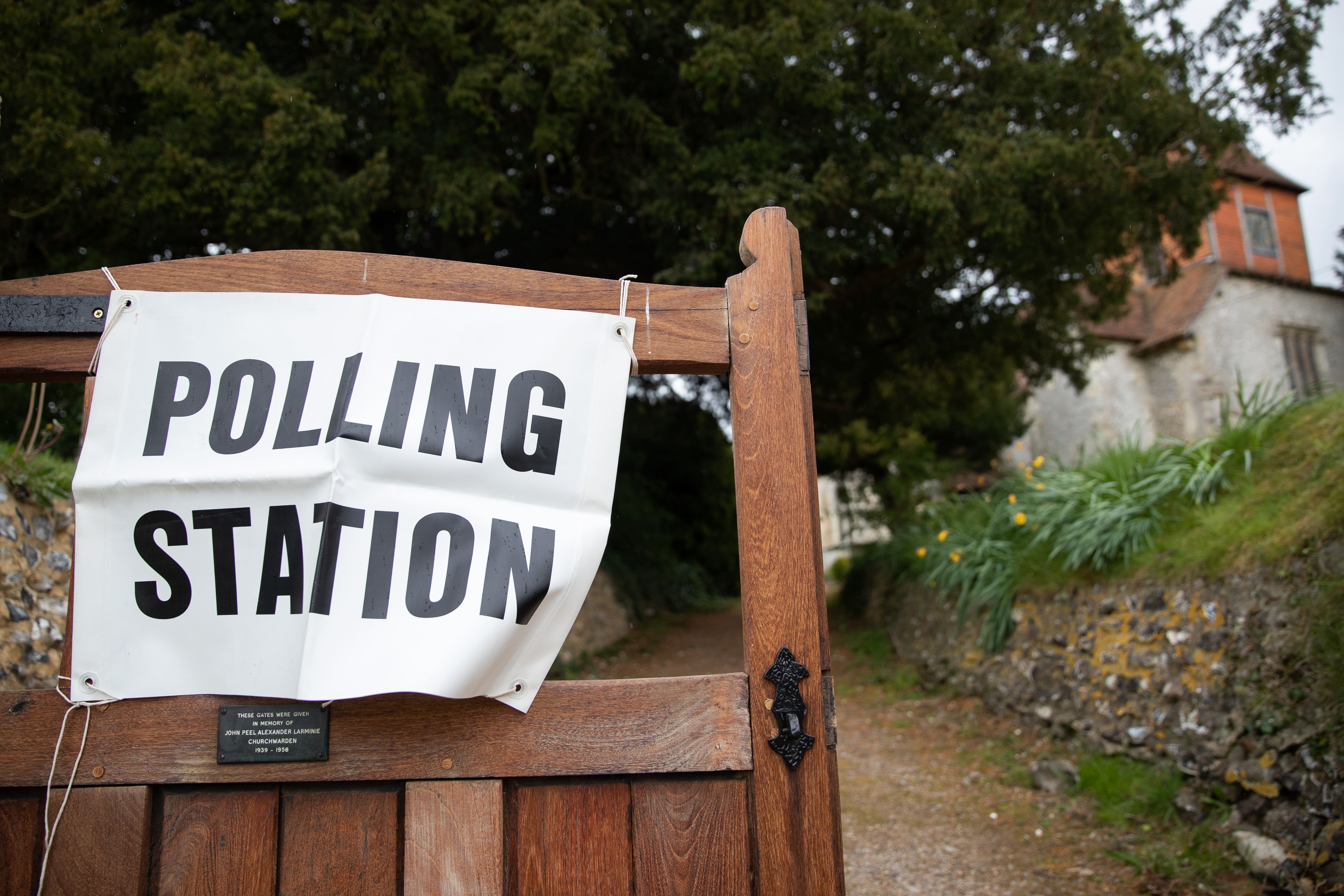The new voter ID law will needlessly deny people their democratic right
There is too much law already, and the prime minister ought to agree with me, writes John Rentoul


There is far too much law in this country, and the Elections Act 2022 is a prime example. The requirement for voters to show proof of identity before voting in the local elections on 4 May is a solution without a problem.
Impersonation, which means the same as the posher “personation” (although it sounds as if it should be the opposite) is incredibly rare. The government, in its explanation of the new law, says that this is because it is hard to detect and hard to prosecute. Which may be true, but if it were a real problem, more than a handful of people would be turning up at the polling station each year to be told that they have already voted.
I have never been able to find out how and why the law came about. I don’t believe conspiracy theories about “voter suppression” – I think they arise from the error of applying a US concept to British politics. If some evil genius in Conservative HQ had the bright idea of making it harder for anti-Tory voters to vote, they would not have invented voter ID. As well as disenfranchising (some of) the young and the poor, the biggest group likely to be affected is the old, who tend to vote Tory.
Not that the law is likely to disenfranchise that many people. The government’s research suggests that 98 per cent of people already have one of the required forms of ID, and it must be suspected that most of those without ID are usually non-voters in any case.
Even so, there will be stories of voters being turned away on the day that may have an impact out of proportion to their numbers. And quite right too, because the principle of denying someone the right to vote is important. Even if only one person cannot vote that would be one too many.
That one person will be the victim of a pointless injustice. Defenders of the government will have to explain that ignorance of the law is no defence, that voters were reminded of the new law on their polling cards, and that most other countries have voter ID, but none of those arguments can put right the entirely foreseeable denial of a democratic right for no good reason.
I assume the law came about through the self-spawning of bureaucracy, driven by civil servants and junior ministers with not enough to do. When I interviewed Chloe Smith, the junior minister responsible for the legislation, two years ago, she didn’t sound totally convinced by it. She admitted that cases of election fraud were “small numbers” but said “one is too many”. I disagree. I think one person denied the right to vote unnecessarily is one too many, and matters more than any rare case of voter fraud which is, in any case, most unlikely to affect any individual election result.
The law is especially pointless because there is no equivalent tightening up of the law on postal votes, which may still be obtained on request – and without producing any form of ID.
If ministers and civil servants had wanted to do something more constructive with their time, they should have passed a law abolishing the practice of numbering ballot papers and recording the number by the voter’s name.
This is contrary to the principle of the secret ballot, and is defended on the grounds that, if someone is found to have voted pretending to be someone else, their vote can be traced and removed. I don’t think this has ever happened, and yet it means that the machinery exists for corrupt authorities to find out how people have voted.
But really, there was no need for a new law. Its only practical effect will be to prevent people voting who ought to be entitled to vote. It is unlikely to have any measurable effect on the local election results, but that is a democratic outrage.
There is too much law already, and the prime minister ought to agree with me. If his colleagues hadn’t been so keen to legislate to enforce lockdowns during the pandemic – if they had relied more on voluntary guidelines instead – he and Boris Johnson might have escaped the embarrassment of a fixed penalty notice for the birthday sandwiches.



Join our commenting forum
Join thought-provoking conversations, follow other Independent readers and see their replies
Comments